ABOUT THE WITHERSPOON INSTITUTE
The Witherspoon Institute is an independent center that renews culture by fostering the intellectual and moral formation of students, families, and tomorrow’s leaders.
Located in Princeton, New Jersey, the Witherspoon Institute believes that cultural reform begins with the intellectual and moral formation of the human person. To that end, Witherspoon’s programs encourage the formation of individuals who can seek truth, live ethically, and develop genuine intellectual friendship across their differences. Witherspoon facilitates rigorous study of classical intellectual traditions, constructive engagement with contemporary cultural issues, and serious reflection on life’s fundamental philosophical questions. In this way, Witherspoon enables students and cultural leaders to embrace their responsibility as free moral agents to decide how best to lead lives of service and meaning.
Recognizing that culture is formed at different levels, the Witherspoon Institute carries out its mission within three contexts: education, public affairs, and family life. In education, Witherspoon provides academic programming for high school, undergraduate, and graduate students to examine the moral foundations of political, philosophical, and social thought. In public affairs, Witherspoon’s online journal, Public Discourse, publishes daily essays to foster constructive discussions about the five pillars of a decent and dynamic society: respect for the dignity of the human person, the family, the rule of law, the university, and business. Regarding family life, Witherspoon sponsors a grassroots marriage movement, CanaVox, which offers reading groups to friends who support the historical understanding of marriage and human sexuality.
JOHN WITHERSPOON
The Institute is named for John Witherspoon, a leading member of the Continental Congress, a signer of the Declaration of Independence, the sixth president of Princeton University, and a mentor to James Madison, the fourth president of the United States of America. As important as these credentials and his other accomplishments are, however, it is Witherspoon’s commitment to liberal education and republican government that inspires the Institute’s name.
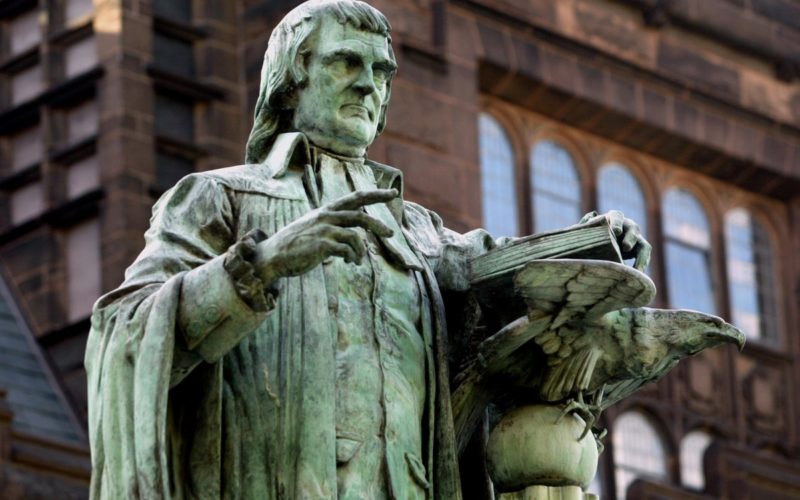
STAFF
-

LUIS E. TELLEZ
President
-

R. J. SNELL, PHD
Director of Academic Programs
-
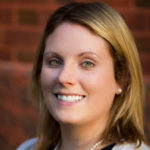
KELLY M. HANLON
Director of Operations
-
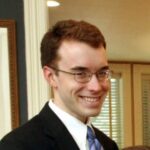
JOHN F. DOHERTY
Director of Finance
-
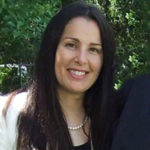
APRIL READLINGER
CanaVox
Executive Director -
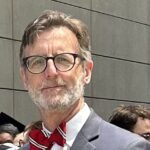
JAMES O’BOYLE
Director of Development
-
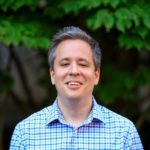
JAMIE BOULDING, PHD
Associate Director of Development
-

MICHAEL J. CARLOWICZ, JR.
MANAGER OF ACADEMIC PROGRAMS
-
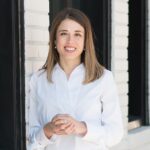
ALEXANDRA DAVIS
Managing Editor of Public Discourse
-

KATHLEEN MITCHELL
Executive Assistant to Robert P. George
-

SEBASTIAN A. NERI
MANAGER OF MARKETING AND COMMUNICATIONS
-
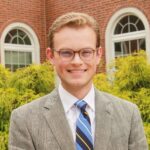
CHRISTOPHER PARR
Special Projects Manager for Robert P. George
-
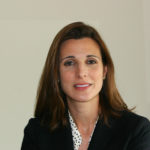
ANA SAMUEL, PHD
CanaVox
Academic Director -

JANE C. SCHARL
Associate Director of Operations
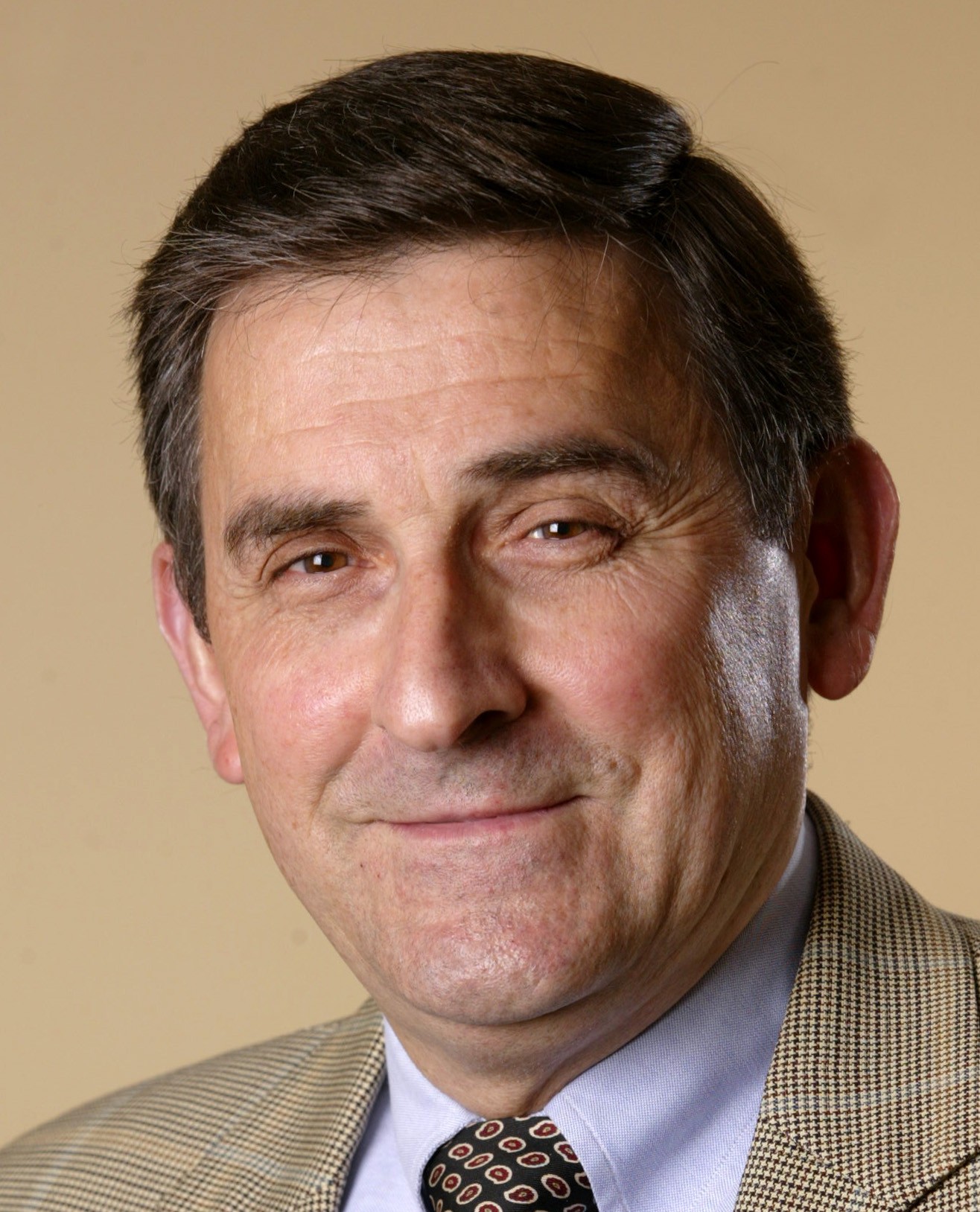
LUIS E. TELLEZ
President
Mr. Tellez spent the early part of his career working in the chemical industry, and subsequently spent over twenty years administering several non-profit corporations before becoming president of the Witherspoon Institute in 2003. He is a member of the Advisory Council of the James Madison program in American Ideals and Institutions at Princeton University. Mr. Tellez received a BS and MS in chemical engineering as well as an MBA in Finance from Washington University in St. Louis.

R. J. SNELL, PHD
Director of Academic Programs
R. J. Snell, Ph.D., is director of academic programs and editor-in-chief of Public Discourse for the Witherspoon Institute in Princeton, NJ. Prior to joining Witherspoon, he was professor of philosophy at Eastern University and a member of the faculty for the Templeton Honors College. He is the author or editor of eight books and hundreds of essays for a variety of scholarly and popular journals. He has been visiting instructor at Princeton University and has lectured at dozens of universities in the United States and Europe. He and his family reside in the Princeton area.
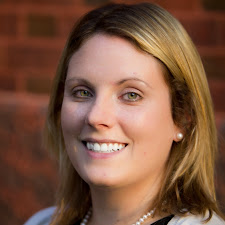
KELLY M. HANLON
Director of Operations
For nearly twenty years, Kelly Hanlon has directed programming, operations, strategy, and development in industries as diverse as K–12 and higher education, economics and finance, music, community organizations, religious institutions, and the environment. Hanlon has extensive experience in the start–up space for both non–profits and for–profits. She has founded or advised more than a dozen entrepreneurial entities. In her role as Director of Operations for the Witherspoon Institute, Hanlon works across the organization to ensure it can effectively carry out its mission.
Hanlon earned her undergraduate degree in politics and psychology as a McConnell Scholar at the University of Louisville before pursuing graduate work in economics at the University of Delaware, where she wrote extensively about fiscal and monetary policy in the aftermath of the Great Depression.
An experienced board member, Hanlon currently serves in an advisory capacity to the following organizations: the Human Flourishing Program (Harvard); the Penn Initiative for the Study of Markets (Penn); the Aquinas Institute for Catholic Life (Princeton); the Center for Statesmanship, Law, and Liberty (RIT); and, the McConnell Center (Louisville).
She lives in southeastern Pennsylvania and originally hails from Kentucky, the bluegrass state. In her free time, she enjoys hiking with her husband, young children, and hounds.
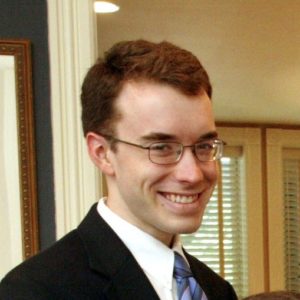
JOHN F. DOHERTY
Director of Finance
John Doherty is Director of Finance of The Witherspoon Institute. Mr. Doherty holds an AB in History from Princeton University.
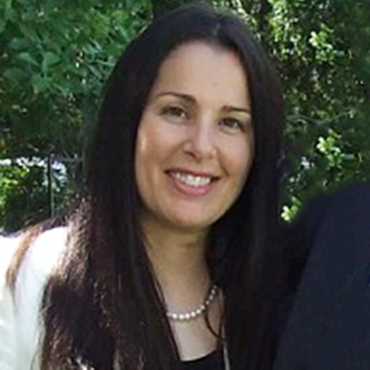
APRIL READLINGER
Executive Director of CANAVOX
April Readlinger has a B.A. in Economics and a B.S. in Communications from Boston University, and a law degree from Tulane Law School. Prior to joining CanaVox, April worked as an attorney in New York, where she focused on International Litigation, and before that she spent eight years working in the federal courts in New Orleans. As Executive Director of CanaVox, April is responsible for managing all aspects of CanaVox’s reading group program, as well as creating and implementing new opportunities to move the organization into the future. She ensures that the many functioning parts of the group are operating in harmony to better accomplish CanaVox’s mission.
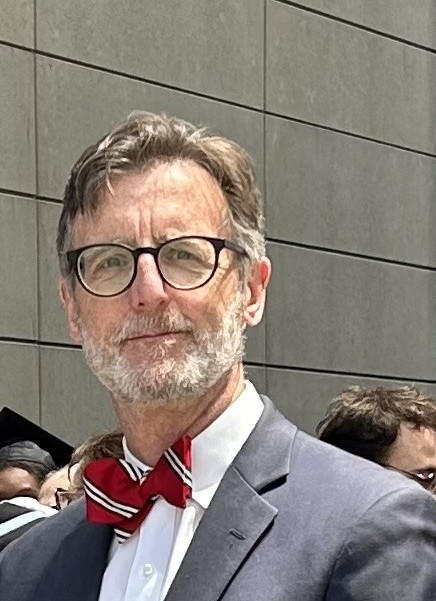
JAMES O’BOYLE
Jim O’Boyle comes to the Director of Development role with more than 28 years of experience in education, having served in senior administrative roles in colleges and private high schools. Most recently, he served for 14 years in the Princeton University advancement office with the leadership gifts team. His work with nonprofits has been widespread, including capital campaigns, development assessments, strategic planning, board leadership and counsel, volunteer engagement, and marketing and publications efforts. Jim has served as a volunteer on several boards, focusing on a wide range of issues from education to homelessness. He currently is a member of the board of governors at Notre Dame High School in Lawrenceville, N.J.
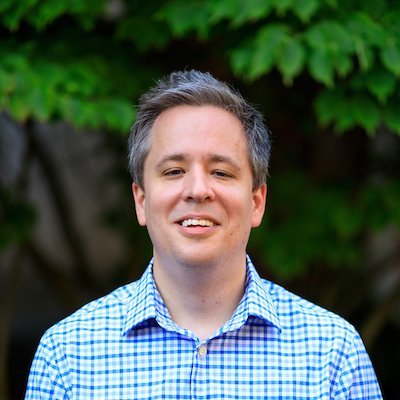
JAMIE BOULDING, PHD
Jamie Boulding is Associate Director of Development. He holds a Ph.D. in Theology and Science from the University of Cambridge and he is the author of The Multiverse and Participatory Metaphysics (Routledge, 2022). He lives in the Princeton area with his wife and three daughters.

MICHAEL J. CARLOWICZ, JR.
Michael Carlowicz is the manager of academic programs at the Witherspoon Institute. Before joining Witherspoon, he studied marine bioacoustics at Stony Brook University. He received his BA from Dartmouth College in 2022 and volunteers as the development coordinator for the Wheelock Society. He lives in the Princeton area with his wife, and in his free time serves as the executive editor of Fare Forward.

ALEXANDRA DAVIS
Alexandra Davis is the Managing Editor of Public Discourse. An attorney by trade, she previously worked as a ghostwriter and content consultant for legal industry leaders and has co–authored and edited numerous whitepapers, long–form articles, and books for her clients. Her own writings have appeared in Verily, Plough Quarterly, The Federalist, and others, and she writes on Substack. She lives in Raleigh, North Carolina with her husband, two young boys, and daughter.
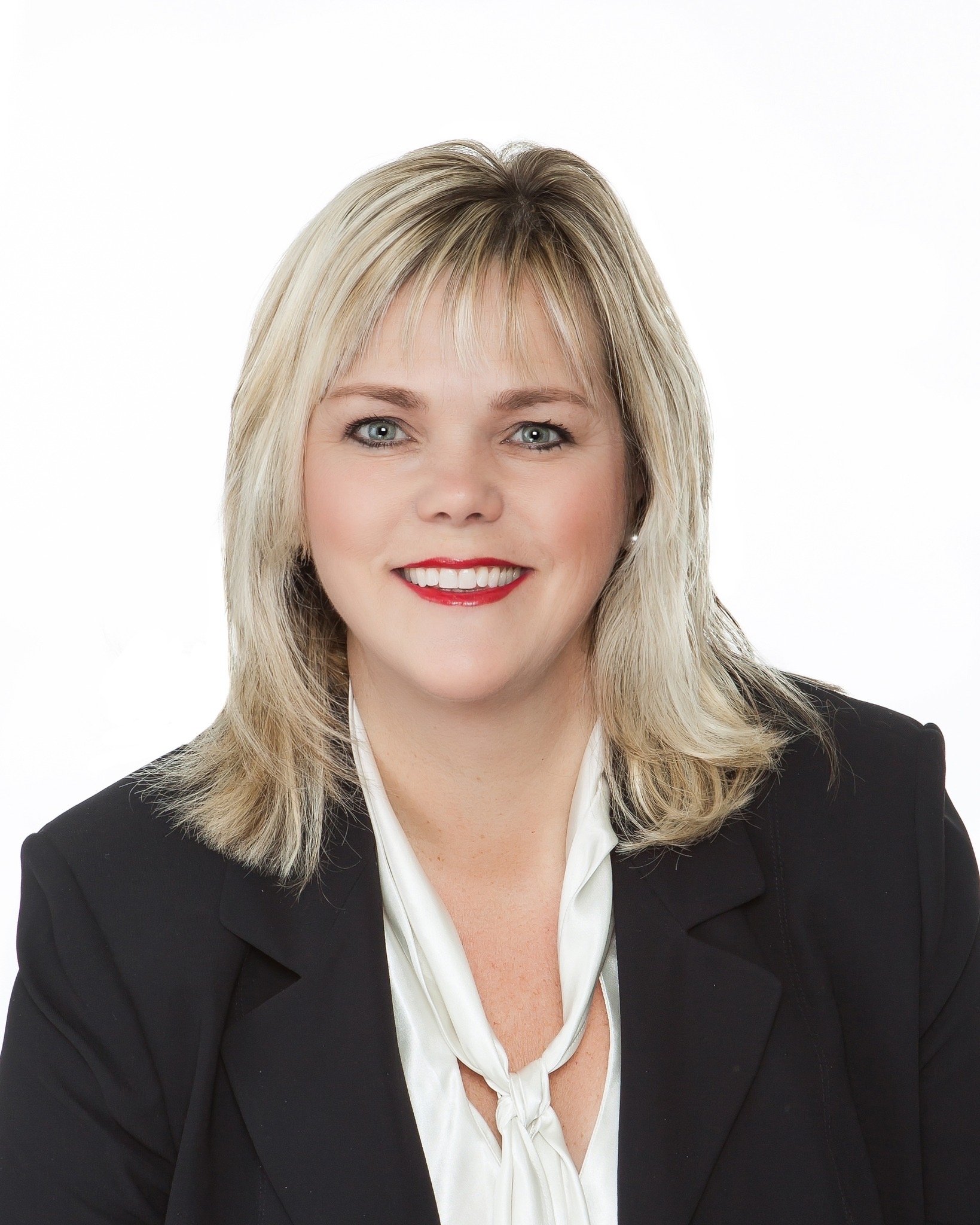
KATHLEEN MITCHELL
Kathleen brings over 25 years of experience in loyalty marketing and previously served for 2.5 years as Faculty Assistant in Princeton University’s Politics Department, supporting 28 professors. She now serves as Executive Assistant to Robert P. George

SEBASTIAN A. NERI
Sebastian Neri is the Manager of Marketing and Communications at the Witherspoon Institute, where he leads the Institute’s strategic communications efforts across digital platforms, print materials, alumni outreach, and public relations. He oversees the development of Witherspoon’s voice and brand, supporting its mission to advance research and education in ethics, politics, and the human person.
Before joining Witherspoon, Sebastian worked in logistics and sales operations at a national freight brokerage, and previously interned at the Collegium Institute for Catholic Thought and Culture. He holds a B.A. in History from Drexel University, where his academic work focused on classical political thought, ancient virtue ethics, and the metaphysical foundations of public life.
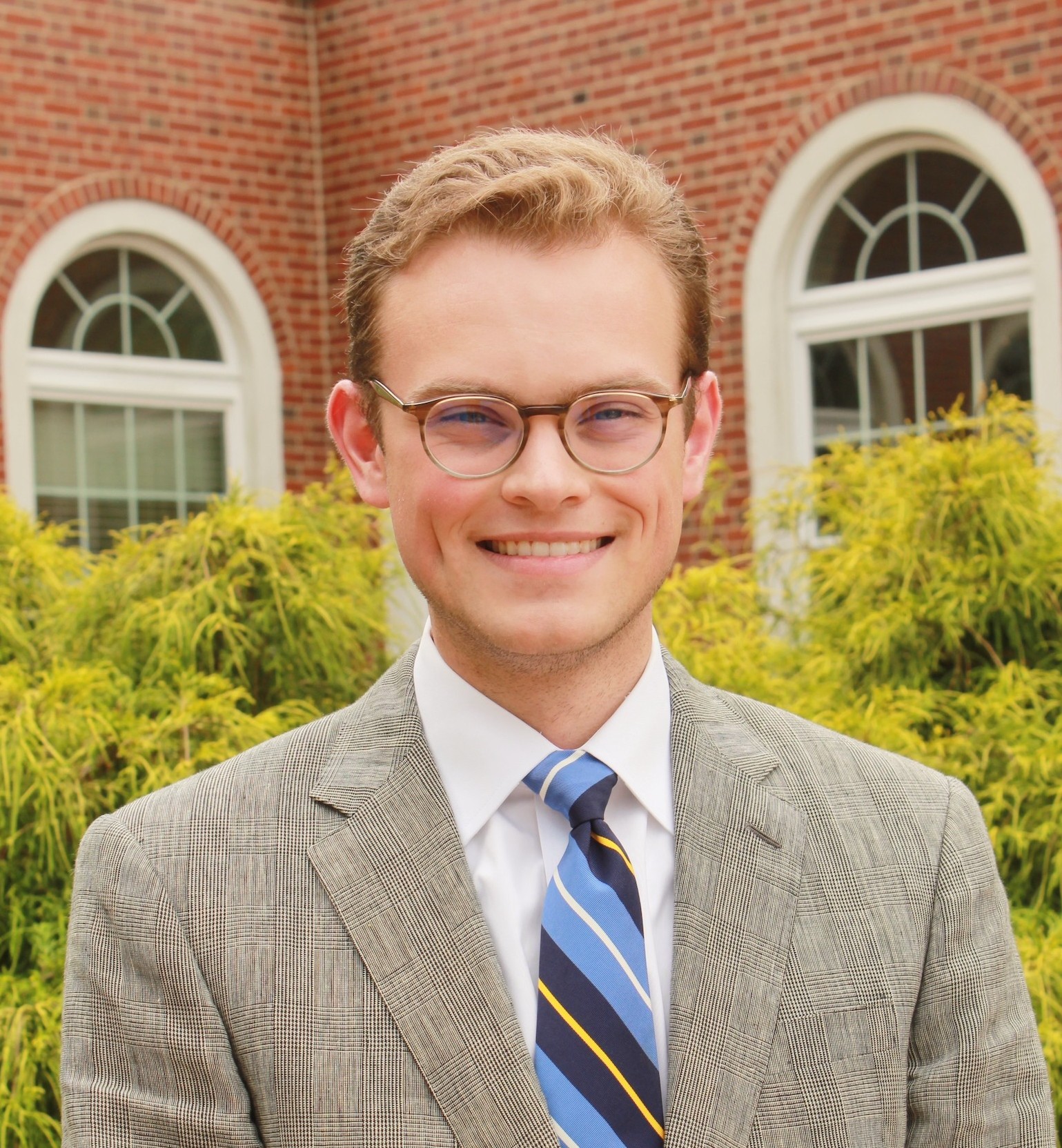
CHRISTOPHER PARR
Christopher Parr is Special Projects Manager for Robert P. George. He holds degrees from Boyce College (B.S., Humanities) and The Southern Baptist Theological Seminary (M.Div., Th.M.), where he studied church history and ethics & public theology. His writing has appeared in First Things, National Review, and Religion & Liberty.
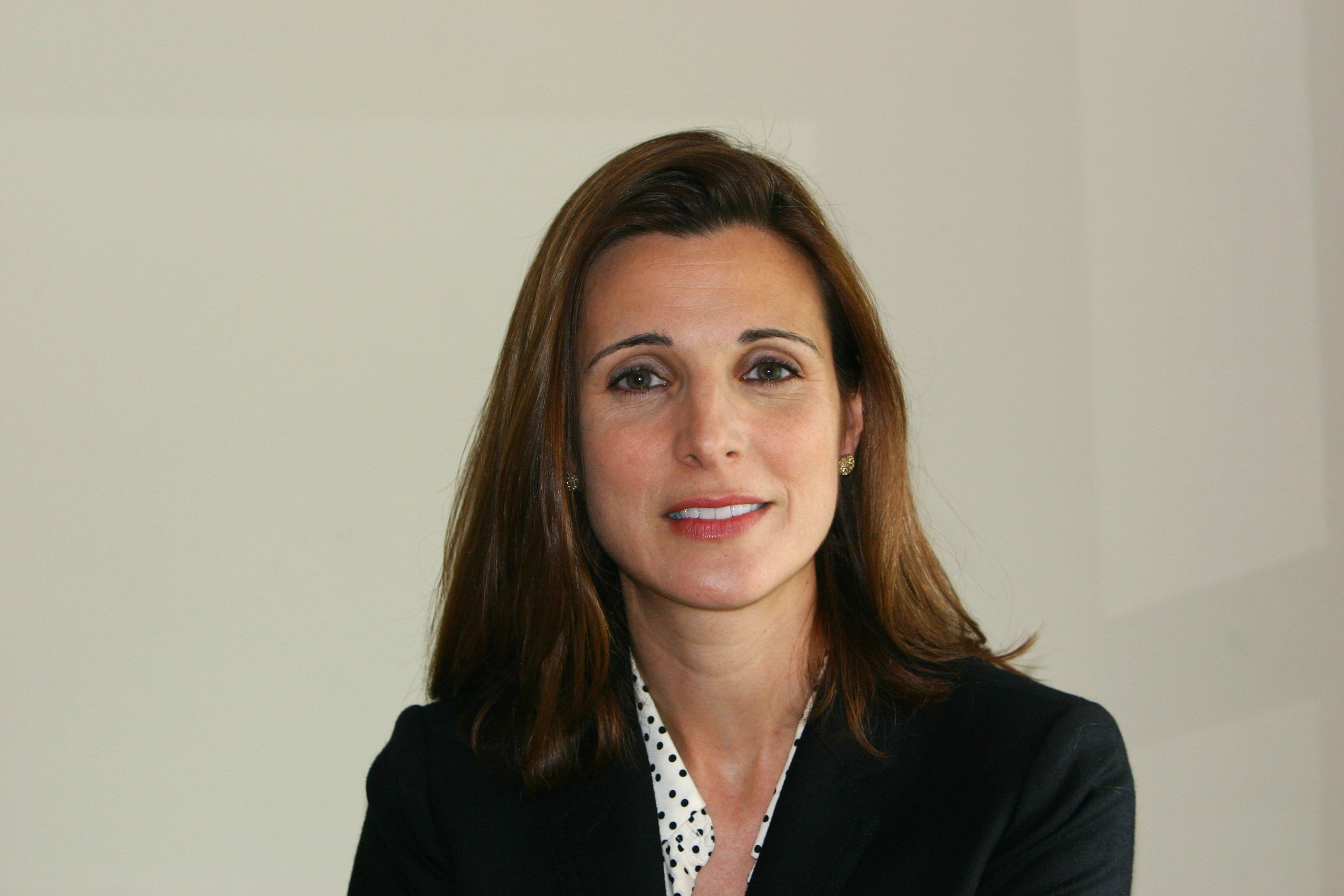
ANA SAMUEL, PHD
Ana Samuel, Ph.D is a graduate of Princeton University and The University of Notre Dame, where she completed doctoral work on the political theory and sexual ethics of Montesquieu. She was the first executive director of the Witherspoon Institute at its foundation in 2003, and subsequently transitioned to a research and teaching role in 2010, focusing on projects about family structure studies. She edited No Differences? How Children in Same–Sex Households Fare and directed the development of the Family Structure Studies website. In 2013, she helped to launch CanaVox, a marriage and sexual–integrity movement that promotes reading and discussion groups around the world to inform discerning men and women with up–to–date research drawn from the social sciences, natural–law reasoning, and personal stories. Every summer, she enjoys teaching the Plato’s dialogues and Aristotle’s moral philosophy to high school students for the Witherspoon Institute’s summer seminars.
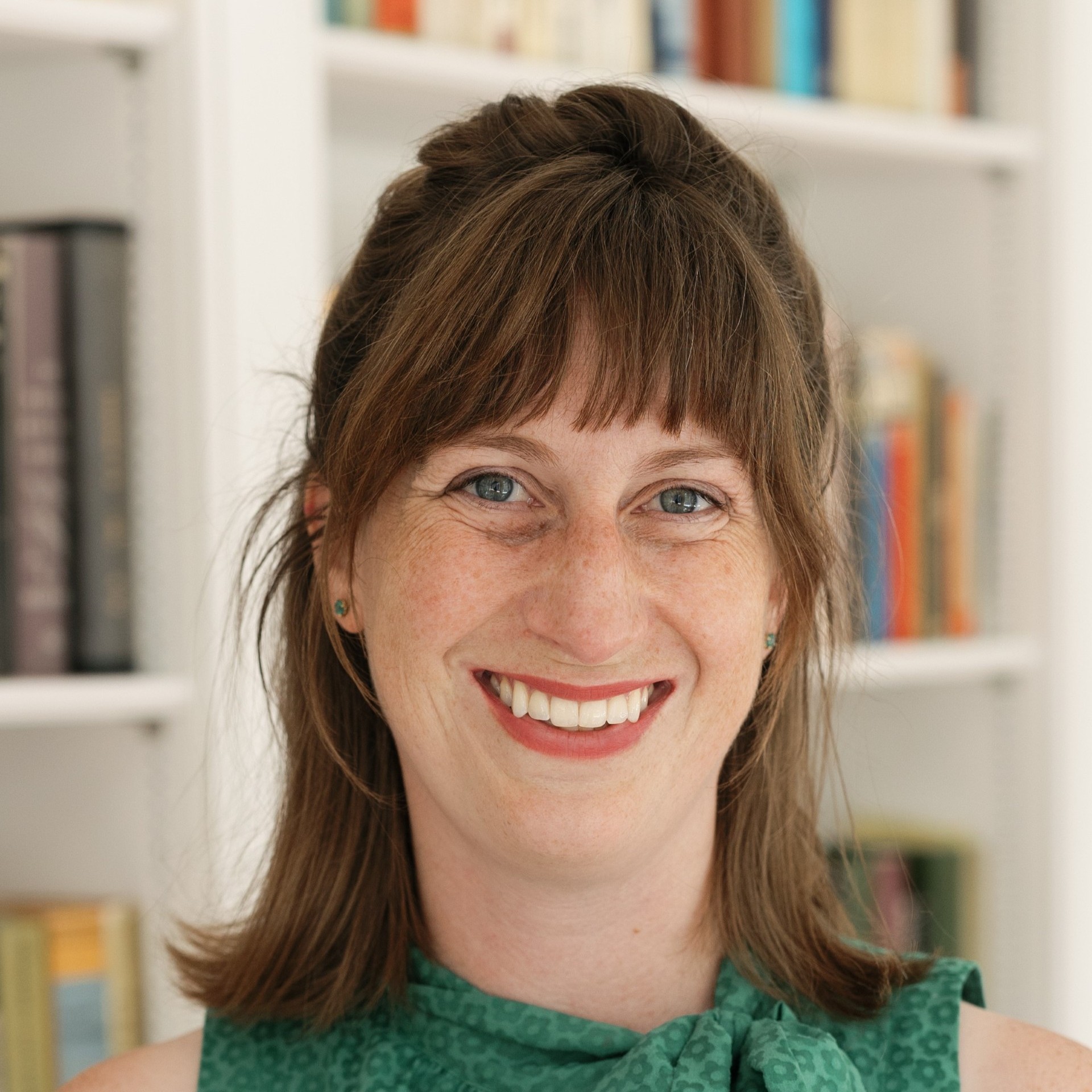
JANE C. SCHARL
Jane Clark Scharl is the Associate Director of Operations. She holds a Master of Fine Arts degree from Seattle Pacific University. She is the author of Ponds (Poiema Poetry Series, 2024) and the verse plays Sonnez Les Matines (Wiseblood, 2023) and The Death of Rabelais (Wiseblood, 2025). Jane is the poetry editor at Plough Quarterly and the executive editor of The Better Part Journal.
TRUSTEES
-
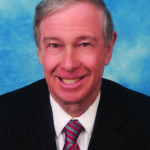
STEPHEN T. WHELAN, ESQ.
CHAIR
-

LUIS E. TELLEZ
President
-
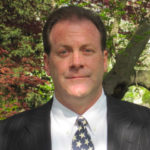
MARK MULHOLLAND
Treasurer
-

BRIAN MOGCK
Secretary
-
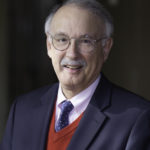
FREDERIC CLARK, ESQ.
-

MICHAEL G. CROFTON
-

DEBORAH GARWOOD
-
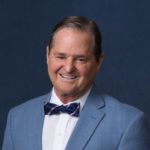
MICHAEL MAIBACH
-
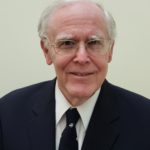
JOHN M. METZGER, ESQ.
-

CORBIN MILLER
-

MARK O’BRIEN
-

EUGENE J. ZURLO
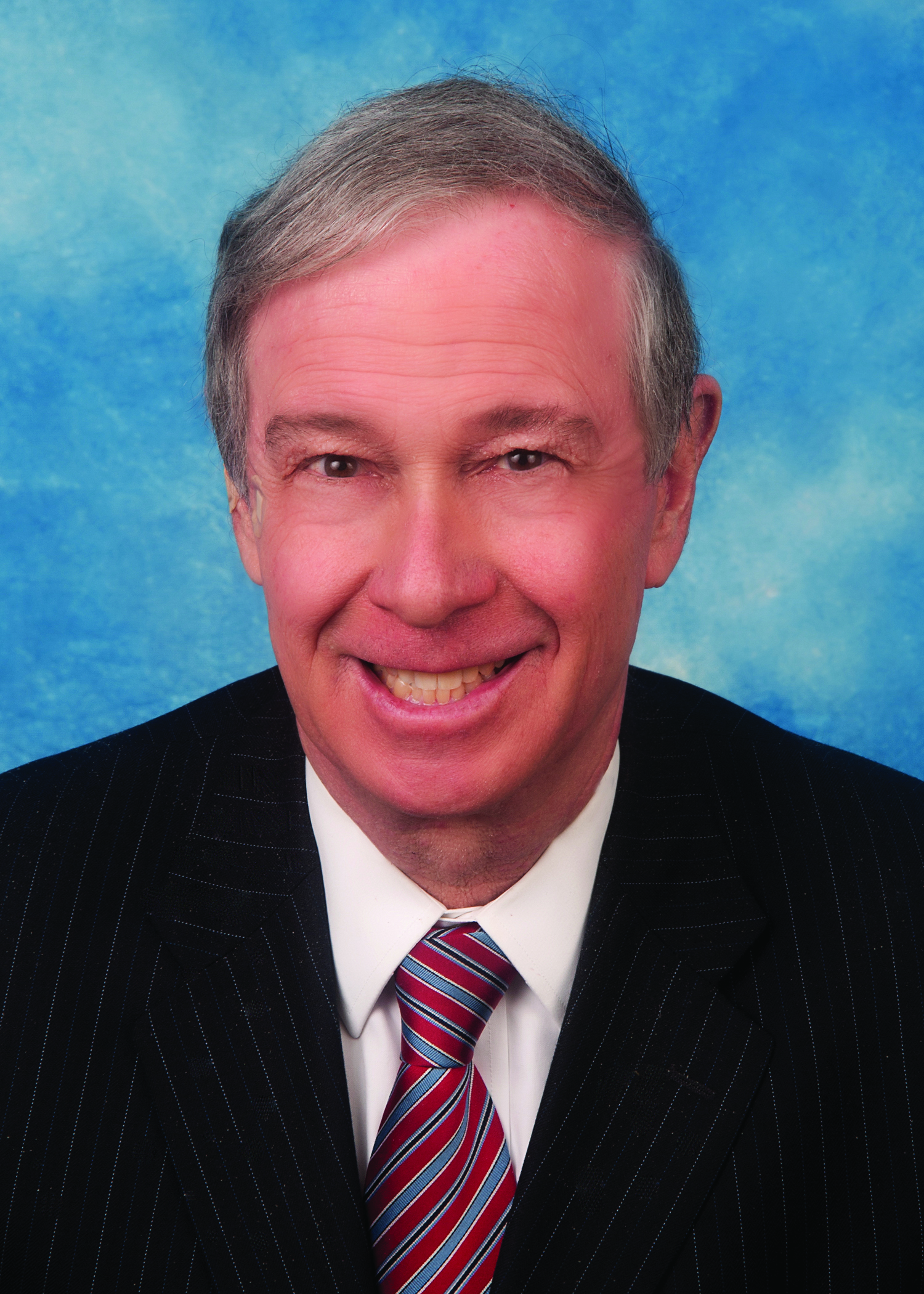
STEPHEN T. WHELAN, ESQ.
CHAIR
Mr. Whelan is a partner in the New York office of law firm Blank Rome LLP and a lecturer in the Princeton University Politics Department. A graduate of Princeton University and Harvard Law School, he is a member of the Advisory Council of the James Madison Program in American Ideals and Institutions at Princeton University, a trustee of Fraunces Tavern Museum in Lower Manhattan, and the author of three books on law. He lives in New York City.

LUIS E. TELLEZ
President
Mr. Tellez spent the early part of his career working in the chemical industry, and subsequently spent over twenty years administering several non-profit corporations before becoming president of the Witherspoon Institute in 2003. He is a member of the Advisory Council of the James Madison program in American Ideals and Institutions at Princeton University. Mr. Tellez received a BS and MS in chemical engineering as well as an MBA in Finance from Washington University in St. Louis.
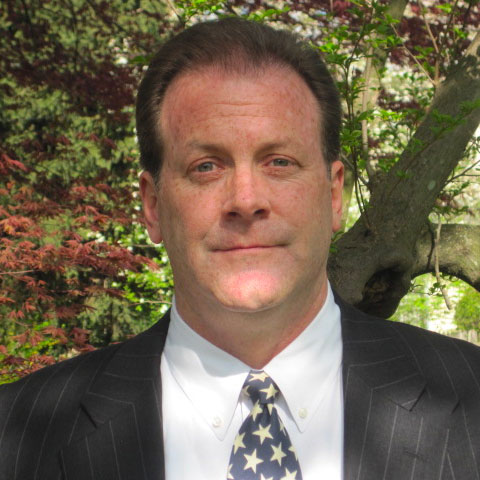
MARK MULHOLLAND
Treasurer
Mr. Mulholland is President of the Matthew 25 Fund, a SEC Registered Investment Company (mutual fund) and the Matthew 25 Management Corp., an investment adviser. Mr. Mulholland has a BA in Economics from Lafayette College and has worked in the Investment Industry since 1983.

BRIAN MOGCK
Secretary
Mr. Mogck is a partner in the New York office of a law firm focusing on complex litigation and government investigations. He holds a J.D. from Columbia Law School, a Ph.D. and M.A. in Philosophy from Emory University, and a B.A. with honors in Philosophy from Hamline University, where he was elected to Phi Beta Kappa. He served for five years as a legal expert for the Holy See Mission to the United Nations, focusing on the Rule of Law. He is the author of Writing to Reason (Blackwell), and his recent articles have appeared in The University of Chicago Law Review Online and The New York Law Journal.

FREDERIC CLARK, ESQ.
Mr. Clark is President of Pacific Equity Management and Inner-City Scholarship, Inc. Mr. Clark is on the board of the Fellowship of Catholic University Students (FOCUS), Freedom of Conscience Defense Fund, the Patients Rights Council, the Institute on Religion and Public Life, and Thomas More College. He is a volunteer teacher at an inner-city school and runs a scholarship program for inner-city youth. He received his AB from the University of Southern California, his JD from the University of California, Berkeley, and his MBA from Harvard University.

MICHAEL G. CROFTON
Mr. Crofton is President and Chief Executive Officer of the Philadelphia Trust Company. He has served on numerous corporate and eleemosynary boards, including Cyberphone, Inc., and XRT Financial Systems, and was a member of Pennsylvania Governor Tom Ridge’s 1998 Trade Mission to South Africa. Mr. Crofton lectures widely on fiduciary issues and has been interviewed on radio and television.

DEBORAH GARWOOD
Mrs. Garwood graduated from Greenwich High School, Greenwich, Connecticut in 1975. She received her BA from Princeton University in 1979, married William Garwood, Jr., in 1980 and has two children: William, III, and Laura. Debbie lives in Houston, Texas and is currently active in a number of community and philanthropic organizations including St. Anne’s Catholic Church and the Daughters of Liberty.
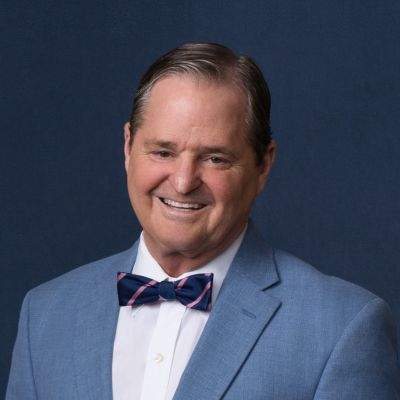
MICHAEL MAIBACH
Mr. Maibach is a seasoned professional in global business diplomacy. From 2003-12 he was the President of the European-American Business Council, after serving for 18 years as the Vice President of Global Government Affairs at the Intel Corporation. Today he is Managing Director of the James Wilson Institute, and a Distinguished Fellow on American Federalism at Save Our States. Mr. Maibach has earned MA degrees from Northern Illinois, Georgetown, Ashland, and the Institute of World Politics where he is a Trustee. He speaks at schools and before civic groups often in defense of the Founders’ Constitution and the Electoral College.
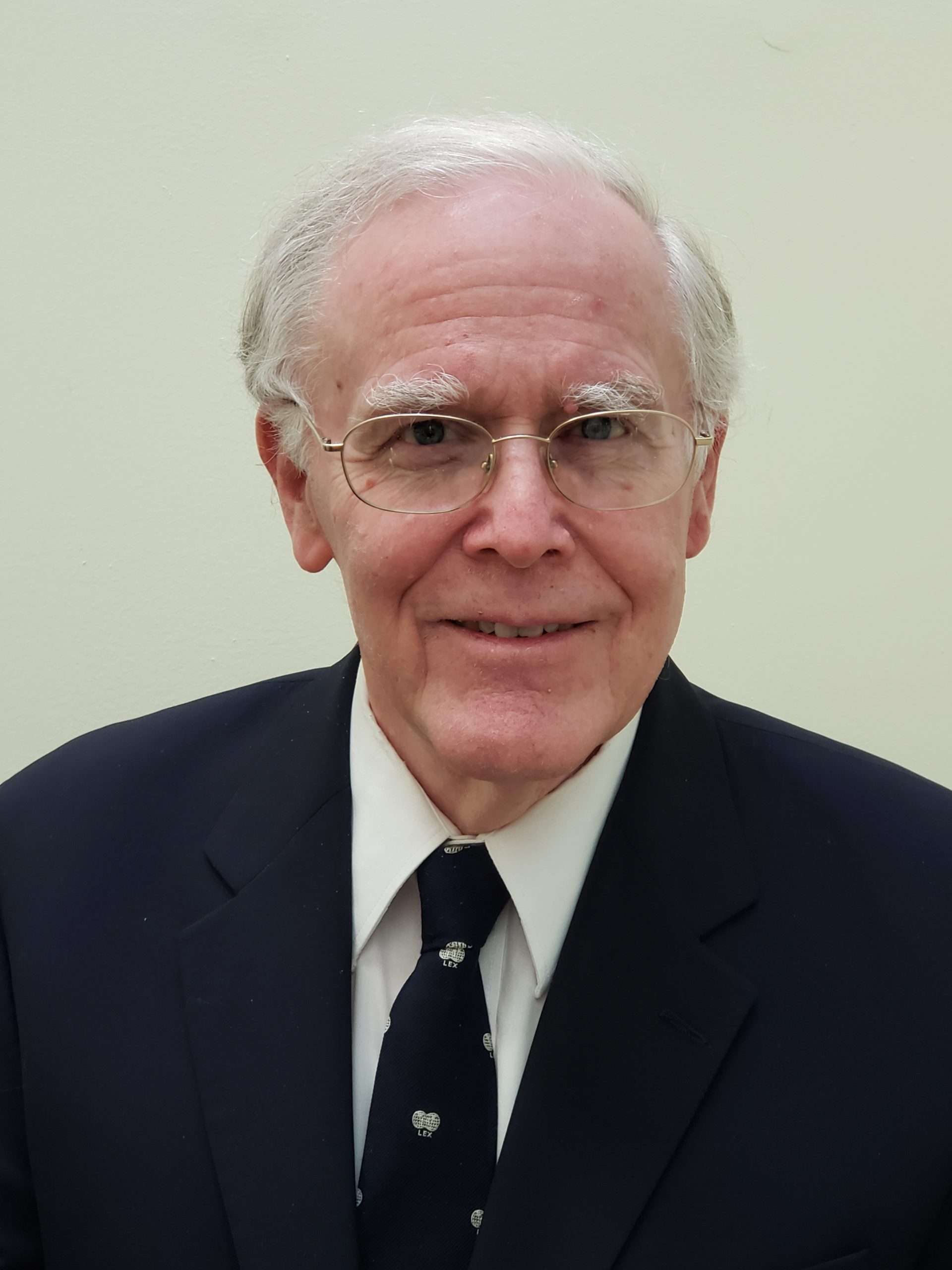
JOHN M. METZGER, ESQ.
Mr. Metzger is a lawyer. Educated at Harvard College, New York University School of Law, and the London School of Economics, he has served on the New Jersey Economic Development Council and is a contributor of articles to professional journals. He is the author of The Hand and the Road: The Life and Times of John A. Mackay (Westminster John Knox Press, 2010).

CORBIN MILLER
Mr. Miller is a private investor. He began his career with J.P. Morgan in 1972, and left in 1977 to join Wm. Sword & Co. in Princeton. He later spent over ten years with the British merchant bank Schroders in New York, where he led the firm’s leveraged buyout and venture capital activities as Senior VP and COO of J. Henry Schroder Banking Corporation. Mr. Miller subsequently helped to found and was President of Lombard North America, a private equity fund in San Francisco. Mr. Miller holds an A.B. in Public and International Affairs from Princeton University. He was previously a director of the Metropolitan Opera Guild, where he was chairman of the investment committee. Mr. Miller resides in Manhattan with his wife of 35 years, the former Kathryn Anderson.
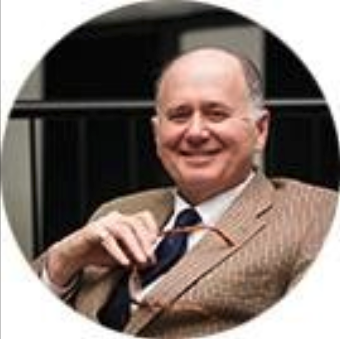
MARK O’BRIEN
Mr. O’Brien is the President and Chief Executive Officer of O’Brien, Greene and Company, and a lecturer in the Politics Department at Princeton University. A graduate of Princeton University’s History Department, he received an MBA in Finance and an MA in Liberal Arts from the University of Pennsylvania. He is author of two books in the field of business and is a contributor to business and general interest magazines.
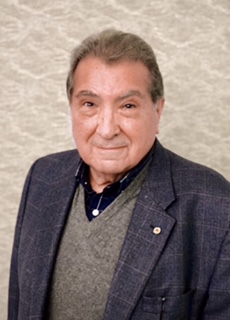
EUGENE J. ZURLO
Mr. Zurlo is the Chairman of the Zurlo Investment Trust.
FELLOWS AND SCHOLARS
-

HELEN M. ALVARÉ
-

GERARD V. BRADLEY
Senior Fellow
-
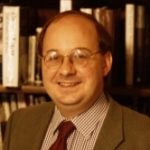
THOMAS D. D’ANDREA
Senior Fellow
-
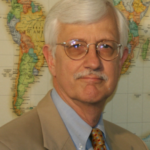
THOMAS F. FARR
Senior Fellow
-
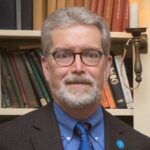
MATTHEW J. FRANCK
SENIOR FELLOW
-
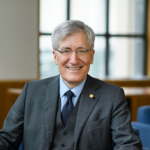
ROBERT P. GEORGE
Herbert W. Vaughan Senior Fellow
-

SHERIF GIRGIS
-
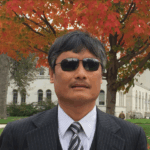
CHEN GUANGCHENG
-

JOHN HALDANE
Senior Fellow
-

KEVIN JACKSON
Senior Fellow
-
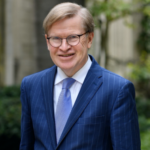
HAROLD JAMES
Senior Fellow
-
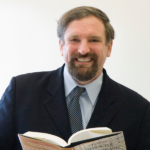
WILLIAM H. JEYNES
Senior Fellow
-
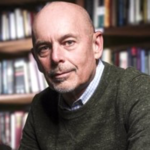
BYRON JOHNSON
Senior Fellow
-
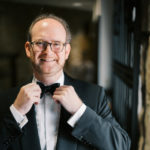
JOSHUA T. KATZ
-
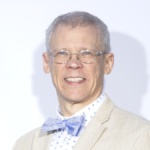
ROBERT C. KOONS
Senior Fellow
-
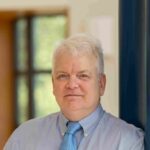
JOHN LONDREGAN
Senior Fellow
-
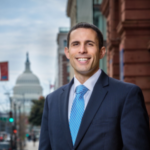
DANIEL MARK
Fellow
-
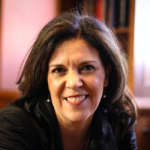
MARGARITA MOONEY CLAYTON
Fellow
-
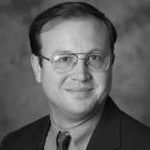
MICHAEL NEW
Fellow
-
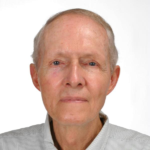
DAVID SPERLING
Fellow
-
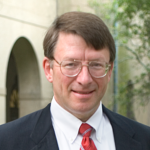
JAMES R. STONER, JR.
Senior Fellow
-
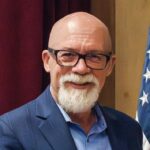
CHRISTOPHER O. TOLLEFSEN
Senior Fellow
-
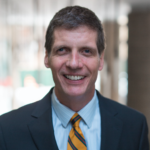
DAVID L. TUBBS
Senior Fellow
-
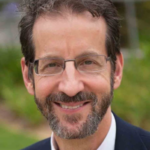
GRAHAM WALKER
Senior Research Scholar
-
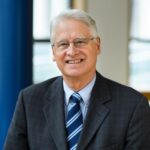
BRADFORD P. WILSON
Senior Research Fellow

HELEN M. ALVARÉ
Helen M. Alvaré is a Professor of Law at the Antonin Scalia Law School at George Mason University, where she teaches Family Law, Law and Religion, and Property Law. She publishes on matters concerning marriage, parenting, non-marital households, abortion, and the First Amendment religion clauses. She is faculty advisor to the law school’s Civil Rights Law Journal and the Latina/o Law Students Association, a member of Pope Francis’s Dicastery for Laity, Family and Life (Vatican City), a board member of Catholic Relief Services, an advisor to the U.S. Conference of Catholic Bishops (Washington, D.C.), and a consultant for ABC News. She cooperates with the Permanent Observer Mission of the Holy See to the United Nations as a speaker and a delegate to various United Nations conferences concerning women and the family.

GERARD V. BRADLEY
Senior Fellow
Gerard V. Bradley is Professor of Law at the University of Notre Dame, where he teaches Constitutional Law. At Notre Dame he directs (with John Finnis) the Natural Law Institute. He co-edited The American Journal of Jurisprudence, an international forum for legal philosophy, form 1996 – 2019. Bradley has been a Visiting Fellow at the Hoover Institution of Stanford University and, in 2009, was Visiting Professor of Politics at Princeton University.
Bradley is on the International Advisory Board of Campion College, Parametta, AU. He served for many years as President of the Fellowship of Catholic Scholars.
Bradley received his B.A and J.D. degrees from Cornell University, graduating Summa cum laude from the law school in 1980. After serving in the Trial Division of the Manhattan District Attorney’s Office he joined the law faculty at the University of Illinois. He moved to Notre Dame in 1992. Bradley has published more than one hundred and fifty scholarly articles and reviews. His most recent books, both published in 2019, are Catholic Social Teaching: A Collection of Scholarly Essays, which he edited with Christian Brugger (Cambridge University Press), and Unquiet Americans: U.S. Catholics, Moral Truth, and the Preservation of our Civil Liberties (Saint Augustine’s Press).
Bradley is currently working on a book about regulating obscenity in the Internet Age.
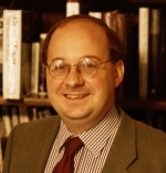
THOMAS D. D’ANDREA
Senior Fellow
Thomas D. D’Andrea is a Fellow at Wolfson College, Cambridge, UK, and Director of the Institute for the Study of Philosophy, Politics, and Religion (ISPPR). In 2001 he was a Visiting Fellow at the James Madison Program of Princeton University, and he has lectured with the Politics Department at Princeton and in the Department of Moral Philosophy at the University of St. Andrews. His research interests include the moral and political thought of the Aristotelian tradition. He has published articles and reviews in ancient philosophy, medieval philosophy, ethics, and the philosophy of religion. He received his Ph.D. in Philosophy from the University of Notre Dame.
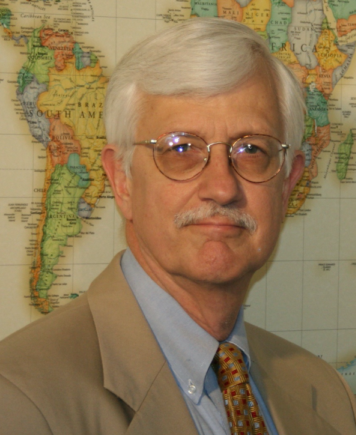
THOMAS F. FARR
Senior Fellow
Thomas Farr is President of the Religious Freedom Institute. A leading authority on international religious freedom, Dr. Farr served for 28 years in the U.S. Army and the U.S. Foreign Service. In 1999 he became the founding director of the State Department’s Office of International Religious Freedom (IRF). He subsequently directed the Witherspoon Institute’s IRF Task Force, was a member of the Chicago World Affairs Council’s Task Force on Religion and Foreign Policy, taught at the National Defense University, and served on the Secretary of State’s IRF working group. From 2007 – 2018, Dr. Farr was Associate Professor of the Practice of Religion and International Affairs at Georgetown University. He also directed Georgetown’s Religious Freedom Project, the precursor to the Religious Freedom Institute. A Ph.D. in History from the University of North Carolina, Farr is senior fellow at Baylor University’s Institute for Studies of Religion, a consultant to the U.S. Catholic Bishops Conference, and a member of the International Advisory Council for Alliance Defending Freedom. His many published works include World of Faith and Freedom: Why International Religious Liberty is Vital to American National Security (Oxford University Press).
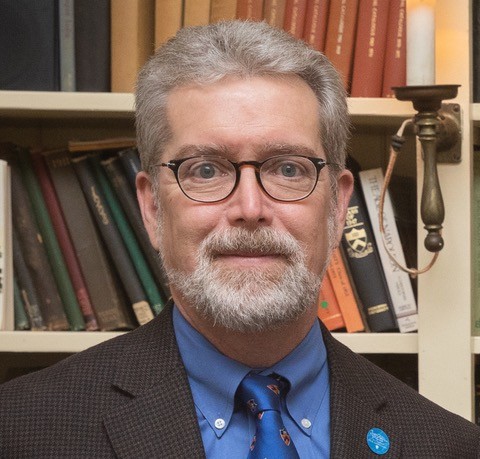
MATTHEW J. FRANCK
SENIOR FELLOW
Matthew J. Franck, Senior Fellow, is Visiting Lecturer in Politics at Princeton University and Professor Emeritus of Political Science at Radford University. From 2010 to 2018 he was the director of Witherspoon’s William E. and Carol G. Simon Center on Religion and the Constitution, and from 2018 to 2021 he was associate director of Princeton’s James Madison Program. He is a senior contributing editor of Public Discourse, and has published in The Dispatch, National Review, First Things, the Wall Street Journal, National Affairs, The New Atlantis, American Political Thought, and the Review of Politics, among other publications, and has written, co-edited, or contributed to books published by the University Press of Kansas, Lexington Books, Cambridge University Press, and Oxford University Press.

ROBERT P. GEORGE
Herbert W. Vaughan Senior Fellow
Robert P. George is the Herbert W. Vaughan Senior Fellow of the Witherspoon Institute. He is McCormick Professor of Jurisprudence and Director of the James Madison Program in American Ideals and Institutions at Princeton University. He is frequently a Visiting Professor at Harvard Law School.
Professor George has served as Chairman of the United States Commission on International Religious Freedom. He has also been a presidential appointee to the United States Commission on Civil Rights and a member of the President’s Council on Bioethics. He is a former Judicial Fellow at the Supreme Court of the United States, where he received the Justice Tom C. Clark Award. He has also served on UNESCO’s World Commission on the Ethics of Scientific Knowledge and Technology (COMEST), of which he continues to be a corresponding member.
Professor George is the author or co-author of seven books and the editor of several more. His articles and review essays have appeared in the Harvard Law Review, the Yale Law Journal, the Columbia Law Review, the University of Chicago Law Review, the Review of Politics, the Review of Metaphysics, and the American Journal of Jurisprudence. He is a frequent contributor to Public Discourse and to First Things magazine, where he is a member of the editorial advisory board, and has also written for the New York Times, the Wall Street Journal, the Washington Post, National Review, Touchstone, the Boston Review, City Journal, and the Times Literary Supplement.
Among his awards and prizes are the Presidential Citizens Medal, the Honorific Medal for the Defense of Human Rights of the Republic of Poland, the Canterbury Medal of the Becket Fund for Religious Liberty, the Bradley Prize for Intellectual and Civic Achievement, the Philip Merrill Award of the American Council of Trustees and Alumni, the Sidney Hook Award of the National Association of Scholars, the Paul Bator Award of the Federalist Society for Law and Public Policy, a Silver Gavel Award of the American Bar Association, the Irving Kristol Award of the American Enterprise Institute, and Princeton University’s President’s Award for Distinguished Teaching. He has given the John Dewey Lecture in Philosophy of Law at Harvard, the Guido Calabresi Lecture in Law and Religion at Yale, the Sir Malcolm Knox Lecture in Philosophy at the University of St. Andrews, the Elizabeth Anscombe Lecture in Bioethics at Oxford University, and the Frank Irvine Lecture in Law at Cornell University.
Professor George serves on the boards of directors of the Lynde and Harry Bradley Foundation, the Ethics and Public Policy Center, the Becket Fund for Religious Liberty, the Institute on Religion and Democracy, the Heritage Foundation, and the Center for Individual Rights. He serves on editorial boards of the American Journal of Jurisprudence, the Journal of American Political Thought, the Journal of International Biotechnology Law, and Touchstone and First Things magazines. Professor George is general editor of New Forum Books, a Princeton University Press series of interdisciplinary works in law, culture, and politics.
In addition to his academic work, he is a member of the Council on Foreign Relations and serves as Of Counsel to the law firm of Robinson and McElwee.
A graduate of Swarthmore College, Professor George holds the degrees of M.T.S. and J.D. from Harvard University and the degrees of D.Phil., B.C.L., D.C.L., and D.Litt from Oxford University. He was elected to Phi Beta Kappa at Swarthmore, and received a Knox Fellowship from Harvard for graduate study in law and philosophy at Oxford. He holds twenty-one honorary degrees, including doctorates of law, letters, ethics, science, divinity, civil law, humane letters, and juridical science.

SHERIF GIRGIS
Sherif Girgis earned his JD at Yale Law School and is a PhD candidate in philosophy at Princeton University.
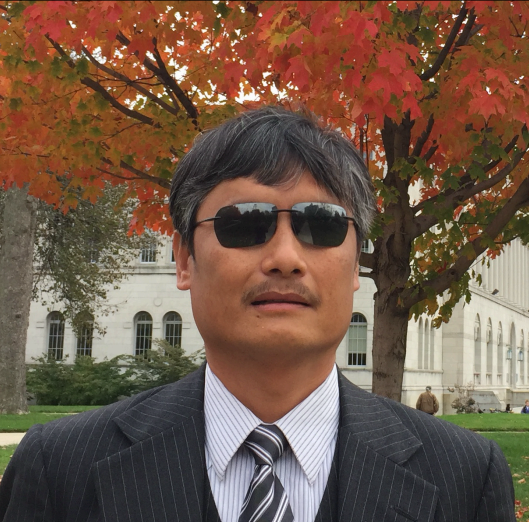
CHEN GUANGCHENG
Chen Guangcheng, known to many as “the barefoot lawyer,” was born in 1971 in a remote village in Shandong, China. The son of a poor farmer, Chen was left permanently blind by illness as an infant, and his family had few resources to support him. But despite his disability, he was determined to educate himself, eventually learning to read and write at age 18 when he began attending a school for the blind. He would be the first person in his family to earn a college degree.
At school, Chen was confronted with numerous instances of injustice occurring around him, and began speaking out. He took an interest in the law, but, being blind, was not permitted to study for a law degree. Over time, with the help of his close family, he taught himself law and began working on legal cases related to issues of civil rights and disability. His successful lawsuit against the Beijing Metro Corporation resulted in free ridership for the blind across China. The international media took notice, eventually dubbing him “the barefoot lawyer,” referencing the rural “barefoot doctors” of the Cultural Revolution. In 2005, Newsweek selected him for its cover.
Living at home in his village, his legal work eventually lead to his investigation into the violent campaign carried out by the authorities to enforce the so-called One Child Policy. He came under notice by the authorities, beginning a period of harassment and detention that would last over seven years, including repeated house arrests, black jails, and a four-year prison sentence. After nearly two years of brutal detention in his own home, he escaped his village, later seeking safety at the American embassy in Beijing. High-level diplomatic negotiations secured his travel to the US, where he became a student at NYU Law School in 2012.
Since beginning his advocacy work, Chen has been the recipient of numerous awards including Time Magazine 100 Most Influential List (2006), The Ramon Magsaysay Award (2007), The Lantos Human Rights Prize (2012), the UK Parliament’s Westminster Award (2013), the Geneva Summit for Human Rights and Democracy Courage Award (2014), the Truman-Reagan Freedom Medal from the Victims of Communism Memorial (2015), the Leopoldo Lopez Freedom and Democracy Award from Kenyon College (2021), and the Bradley Foundation’s Bradley Prize (2022). He has established a not-for-profit foundation to further human rights in China, and serves as Distinguished Fellow at the Catholic University of America, Distinguished Senior Fellow in Human Rights at the Witherspoon Institute, and Senior Distinguished Advisor to the Lantos Foundation for Human Rights and Justice.
Mr. Chen’s memoir, The Barefoot Lawyer: A Blind Man’s Fight for Justice and Freedom in China, was released by Henry Holt Publishers in 2015.

JOHN HALDANE
Senior Fellow
John Haldane is a Professor in the Department of Moral Philosophy at the University of St. Andrews, Scotland, where he is also the Director of the Centre for Ethics, Philosophy, and Public Affairs. His research interests include central issues in philosophy of mind; the history of philosophy; theoretical and normative issues in social and political philosophy, ethics, and aesthetics; and artistic, educational, and theological issues approached through the methods of those disciplines rather than through philosophy. Haldane has received numerous awards and grants, as well as fellowships from the Universities of Oxford, Cambridge, Aberdeen, Edinburgh, and Pittsburgh. Recent publications of his include Reasonable Faith (Routledge, 2010), Practical Philosophy (Imprint Academic, 2009), The Church and the World (Gracewing, 2008), and Seeking Meaning and Making Sense (Imprint Academic, 2008). Haldane has served as an editor of several academic journals and has also written numerous articles for such journals. Prior to his career in academic philosophy he studied and taught art, and he continues to contribute to the study of art and art history. Haldane completed both his bachelor’s degree (1980) and his doctorate (1984) in philosophy at the University of London.

KEVIN JACKSON
Senior Fellow
Kevin Jackson, J.D., Ph.D., is Professor of Law and Ethics at the Gabelli School of Business, Fordham University, in New York City. Professor Jackson has served on the faculties of Université Libre de Bruxelles, Georgetown University, Princeton University, École des Ponts (Paris), and Peking University (China). Dr. Jackson is a Senior Fellow at The Witherspoon Institute in Princeton, and a Fellow of the European SPES Institute, Leuven, Belgium. He has authored several books, including Virtuosity in Business (University of Pennsylvania Press), Building Reputational Capital (Oxford University Press), , Charting Global Responsibilities: Legal Philosophy and Human Rights (University Press of America), and publishes scholarly articles in top-tier academic journals. Much loved by students for his interactive and high-energy teaching style, he performs and composes classical and jazz music.
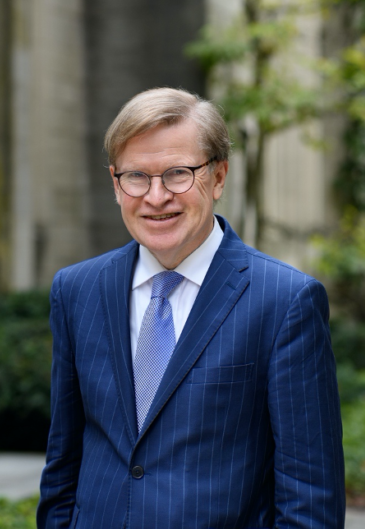
HAROLD JAMES
Senior Fellow
Harold James, the Claude and Lore Kelly Professor in European Studies at Princeton University, is Professor of History and International Affairs at the Woodrow Wilson School, and Director of the Program in Contemporary European Politics and Society. He studies economic and financial history, business history, and modern European history.
After graduating from Cambridge University, he was a Fellow of Peterhouse before going to Princeton in 1986. He writes a monthly column for Project Syndicate.
His books include a study of the interwar depression in Germany, The German Slump (1986); an analysis of the changing character of national identity in Germany, A German Identity 1770-1990 (1989); International Monetary Cooperation Since Bretton Woods (1996), and the widely translated The End of Globalization (2001). He was also coauthor of a history of Deutsche Bank (1995), which won the Financial Times Global Business Book Award in 1996. His most recent books include The Creation and Destruction of Value: The Globalization Cycle, 2009; Making the European Monetary Union, 2012; The Euro and the Battle of Economic Ideas (with Markus K. Brunnermeier and Jean-Pierre Landau), 2016.
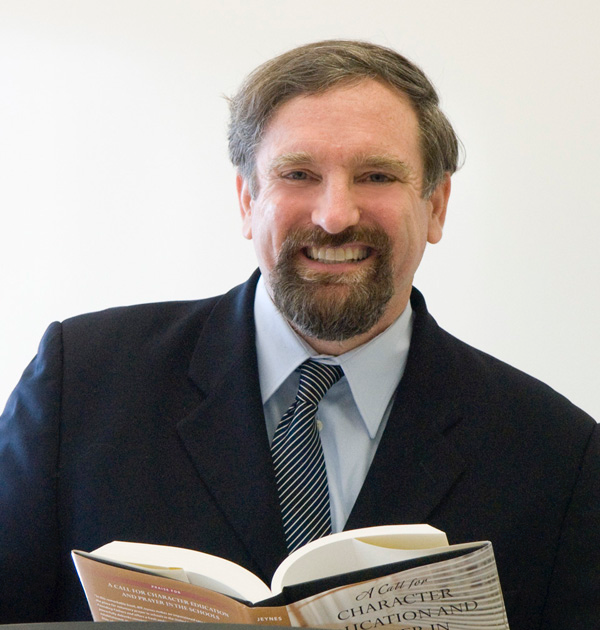
WILLIAM H. JEYNES
Senior Fellow
William H. Jeynes is a Professor of Education at California State University, Long Beach. He has more than 175 academic publications, including 110+ articles, 16 books, and 49 book chapters. His articles have appeared in journals published by Columbia University, Harvard University (two Harvard journals), the University of Chicago, Cambridge University, University of Notre Dame, the London School of Economics, and other prestigious academic journals.
He is a well-known public speaker having spoken in 49 states in the country and in every inhabited continent. He has spoken for the White House, the US Department of Justice, the US Department of Education, the US Department of Health & Human Services, the National Press Club, UN delegates, members of Congress, the Acting President of South Korea, Harvard University, Cambridge University, Oxford University, Columbia University, Duke University, University of Notre Dame, Peking University, Moscow State University, and many other well-known universities. He has spoken for both the G. W. Bush and Obama administrations and interacted with each of these presidents. He has also spoken for former members of the Clinton administration.
He has been a consultant for the U.S., the E.U., the U.N., and several G20 governments. His four-point plan presented to the Acting President of South Korea became the core of that nation’s 1998 economic stimulus legislation, which helped it emerge from the greatest Asian economic crisis since World War II. Jeynes has been interviewed by the London Times, the Los Angeles Times, the New York Times, the Wall Street Journal, the Washington Post,U.S. News & World Report, the Associated Press and many other major newspapers and media outlets. His work has been cited and quoted numerous times by the U.S. Congress, the British Parliament, the EU, and many State Supreme Courts from across the United States. Jeynes has worked with and spoken for the Harvard Family Research Project. He received the “Distinguished Scholar Award” from the California State Senate and the California State Assembly. He was given the “Distinguished Achievement Award” from an arm of the American Educational Research Association. Dr. Jeynes wrote the no. 1 and no. 2 all-time most cited articles in the over half-century history of the journal Urban Education. He also wrote the no. 1 all-time most cited article in the 50-year history of the journal Education & Urban Society. He periodically writes columns in the Orange County Register, the nation’s 14th largest newspaper. Dr. Jeynes also gained admission in Who’s Who in the World for the last 11 consecutive years. He holds graduate degrees from Harvard University and the University of Chicago.
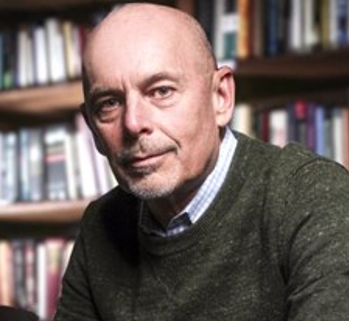
BYRON JOHNSON
Senior Fellow
Byron Johnson is Distinguished Professor of the Social Sciences at Baylor University. He is the founding director of the Baylor Institute for Studies of Religion (ISR) as well as director of the Program on Prosocial Behavior. He is a leading authority on the scientific study of religion, the efficacy of faith-based organizations, and criminal justice. Recent publications have examined the impact of faith-based programs on recidivism reduction and prisoner reentry. Before joining the faculty at Baylor University, Johnson directed research centers at Vanderbilt University and the University of Pennsylvania. He has been the principal investigator on grants from private foundations as well as the Department of Justice, Department of Labor, Department of Defense, National Institutes of Health, and the United States Institute for Peace. He is the author of more than 200 articles and a number of books including More God, Less Crime: Why Faith Matters and How it Could Matter More (2011), The Angola Prison Seminary: Effects of Faith-Based Ministry on Identity Transformation, Desistance, and Rehabilitation (2016), and The Quest for Purpose: The Collegiate Search for a Meaningful Life (2017). He was the 2013 Big Brother of the Year for Texas Lone Star.
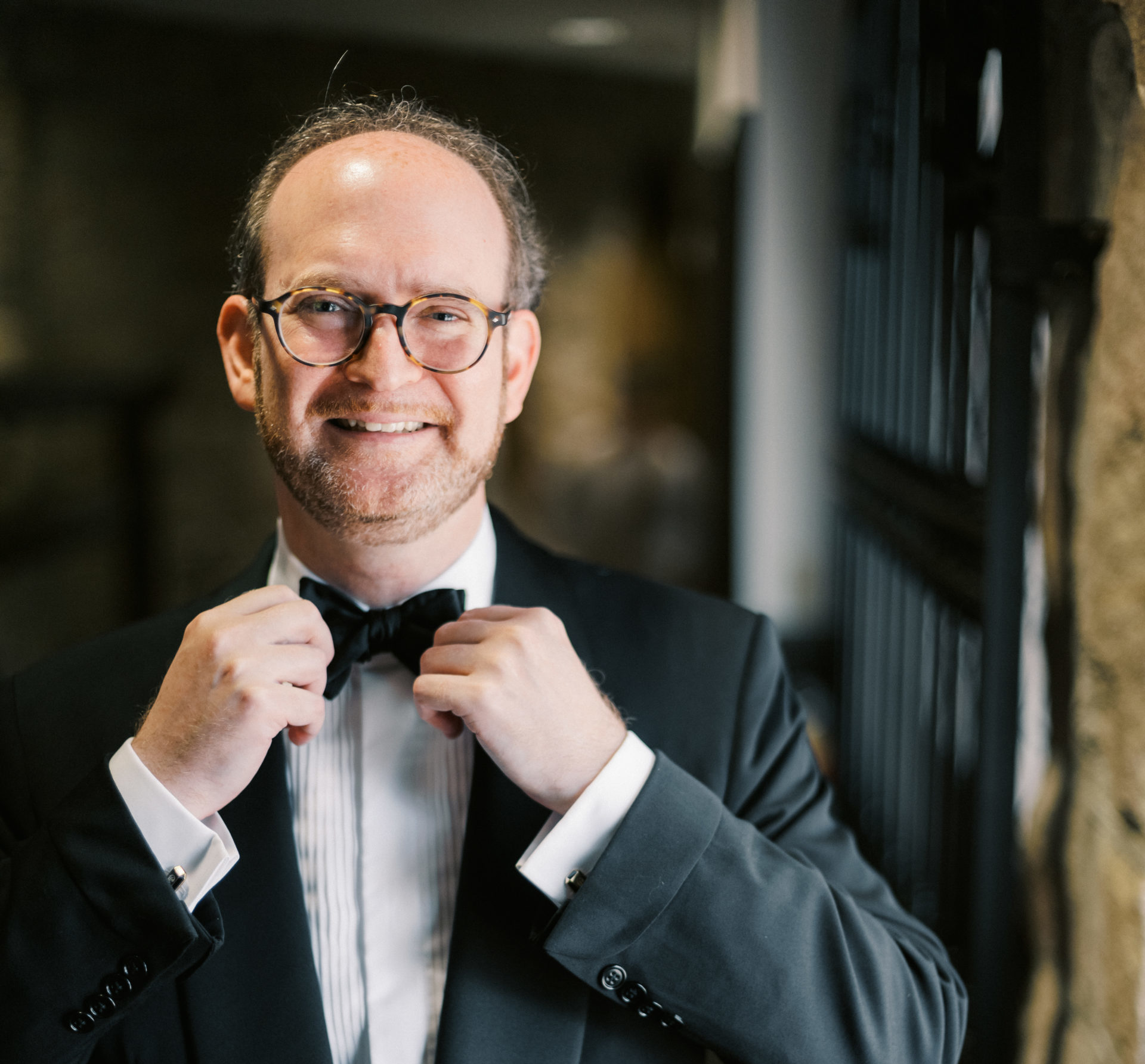
JOSHUA T. KATZ
Joshua T. Katz has taught at Princeton University since 1998, where he is Cotsen Professor in the Humanities and Professor of Classics. A linguist by training (B.A. Yale, M.Phil. Oxford, Ph.D. Harvard) and comparative philologist at heart, he has received numerous prizes for his scholarship and pedagogy, including the President’s Award for Distinguished Teaching (Princeton, 2003), a John Simon Guggenheim Memorial Foundation Fellowship (2010), and one of two inaugural Dorothy Tarrant Fellowships (Institute of Classical Studies, School of Advanced Study, University of London, 2018); he has also held visiting professorships in Paris and Berlin. In addition to his many publications on the languages, literatures, and cultures of the ancient and medieval world from India to Ireland via Greece, Rome, and the Near East, he finds himself wading every more into contemporary hot-button sociopolitical issues. Recent contributions have appeared in First Things, Law & Liberty, the National Review, the New Criterion, Public Discourse, Quillette, the Spectator, and the Wall Street Journal. Named a Hero of Intellectual Freedom by the American Council of Trustees and Alumni in 2020, he is the Chair of the Academic Committee for the John & Daria Barry Scholarships and a Trustee of the Canterbury Institute.
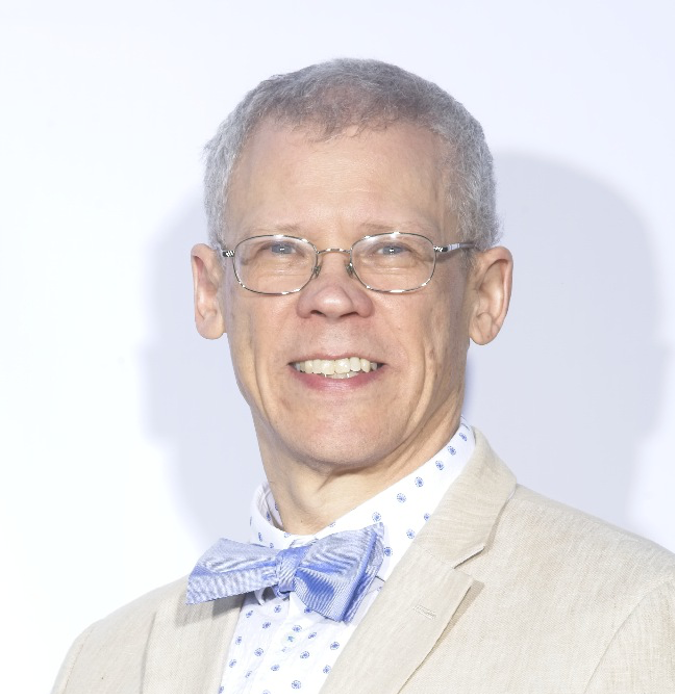
ROBERT C. KOONS
Senior Fellow
Robert C. Koons is Professor of Philosophy at the University of Texas at Austin where he has been since 1987. His areas of specialization include metaphysics and epistemology, philosophical logic and philosophy of mathematics, and philosophy of religion. He is currently working on the logic of causation and the metaphysics of life and the mind. He holds bachelor’s degrees in philosophy from Michigan State University and in philosophy and theology from Oxford University. He holds a doctorate in philosophy from UCLA.
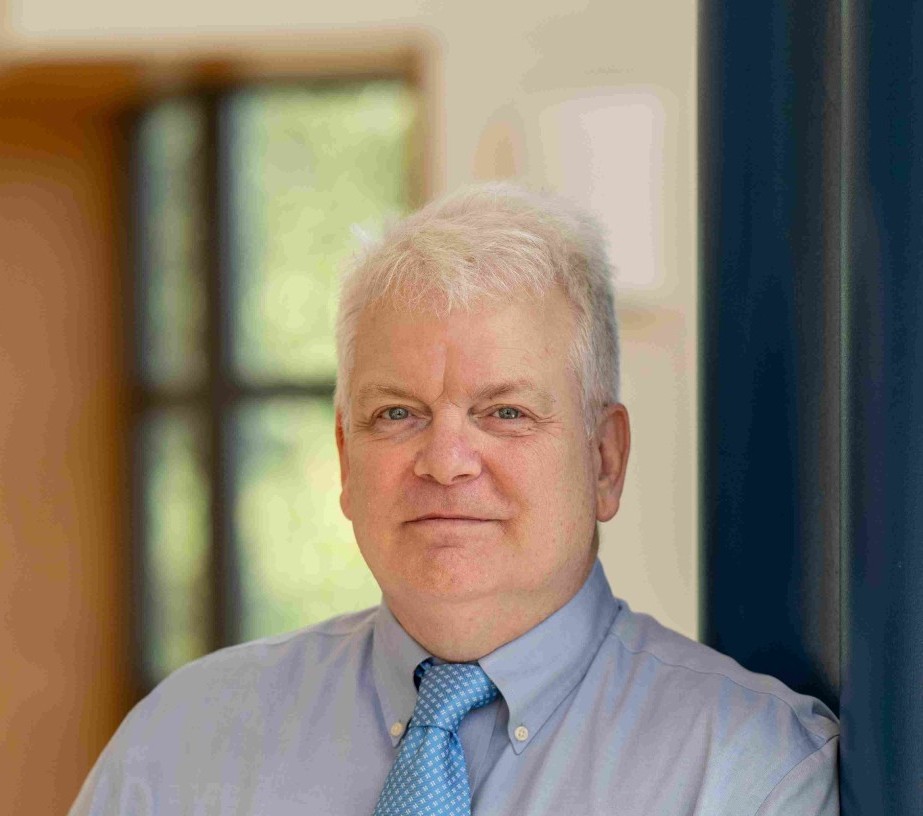
JOHN LONDREGAN
Senior Fellow
John Londregan teaches politics at Princeton’s School of Public and International Affairs, he is the author of Legislative Institutions in Chile, and of numerous journal articles. His research interests include comparative political economy and political methodology. He is a founding member of the Academic Freedom Alliance.
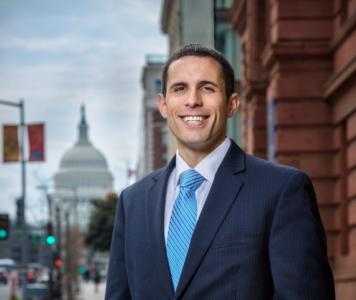
DANIEL MARK
Fellow
Dr. Daniel Mark is an associate professor of political science at Villanova University, where he has taught since 2013. His book, The Nature of Law: Authority, Obligation, and the Common Good, was published in 2024 and received the First-Time Author Award from the University of Notre Dame Press. He served for four years on the nine-member, bipartisan US Commission on International Religious Freedom, most recently as chairman. He was appointed to the commission by then-Speaker of the House John Boehner in May, 2014, and reappointed in May, 2016, by then-Speaker Paul Ryan.
At Villanova, Dr. Mark teaches political theory, philosophy of law, American political thought, and politics and religion. He is a faculty associate of the Matthew J. Ryan Center for the Study of Free Institutions and the Public Good and a faculty fellow of the Eleanor H. McCullen Center for Law, Religion, and Public Policy, and he holds the rank of battalion professor in Villanova’s Navy Reserve Officers’ Training Corps unit.
Dr. Mark is an affiliated scholar of the James Wilson Institute on Natural Rights and the American Founding. He has previously served with the American Bible Society’s Faith and Liberty Discovery Center, the Religious Freedom Institute’s North American Action Team, the Jewish Coalition for Religious Liberty, CanaVox, and the Blackstone and Burke Center for Law and Liberty at Faulkner University’s Thomas Goode Jones School of Law.
For the 2017-18 academic year, Dr. Mark was a visiting fellow in the Department of Political Science at the University of Notre Dame under the sponsorship of the Tocqueville Program for Inquiry Into Religion and Public Life as well as the Notre Dame Institute for Advanced Study; the Program on Church, State, and Society; and the Center for Ethics and Culture. In the 2015-16 academic year, he was a visiting fellow in the Department of Politics at Princeton University under the sponsorship of the James Madison Program in American Ideals and Institutions. In 2013, Dr. Mark taught at the Straus Center for Torah and Western Thought at Yeshiva University.
He holds a BA (magna cum laude), MA, and Ph.D. from the Department of Politics at Princeton University

MARGARITA MOONEY CLAYTON
Fellow
Margarita Mooney Clayton, Ph.D. is an Associate Professor in the Department of Practical Theology at Princeton Theological Seminary and a Research Fellow at Blackfriars Hall, Oxford University. She earned a Bachelor’s in Psychology from Yale University and a Master’s and Ph.D. in Sociology from Princeton University. She has authored the books Faith Makes Us Live: Surviving and Thriving in the Haitian Diaspora, The Love of Learning: Seven Dialogues on the Liberal Arts and The Wounds of Beauty: Seven Dialogues on Art and Education. Her forthcoming book explores devotion to Mary, the Mother of God, in unexpected places today, including among artists and musicians and among Protestant Christians. She has lectured on beauty, education, culture, and faith at venues such as the University of Notre Dame, Hillsdale College, The Consortium for Christian Studies Centers, The Acton Institute, and the Society for Catholic Liturgy. In addition to her academic journal articles, her writing has appeared in popular publications such as Comment Magazine, Real Clear Policy, Scientific American, The Chronicle of Higher Education, Hedgehog Review, Public Discourse, Church Life Journal and National Catholic Register. She writes on Substack about The Graced Imagination.
She has spoken on education, culture, and faith at venues such as The New York Encounter, Hillsdale College, the Catholic University of America, the Society for Classical Learning, and the Acton Institute. She has led workshops on the vocation to teach and beauty in education at a variety of K-12 classical schools. She has been interviewed numerous times about her work on education and culture, including the Tammy Peterson Podcast, Socrates in the Studio with Eric Metaxas, Ken Myers of Mars Hill Audio, and the Classical Learning Test Podcast.
In 2016, she founded Scala Foundation, a nonprofit dedicated to restoring American culture through beauty, liberal arts education, and worship. Her husband, David Clayton, is the Artist-in-Residence and Director of Strategic Partnerships for Scala. He is also the Provost of Pontifex University, where he founded the Master of Sacred Arts Program. He is an internationally renowned painter of sacred art and writer for various online publications about topics such as the mathematics of beauty, liturgical art, and cultural renewal. The Scala Foundation’s vision is to restore meaning and purpose to American culture by focusing on the intersection of art, liturgy and education. Scala engages in deep work with students at Princeton and Oxford to bring together artists, students, teachers, and scholars. Scala also produces publications (books, blogs, articles, interviews), and hosts public events like conferences, webinars, and campus lectures open to the public. Scala’s Way of Beauty program promotes personal transformation through a combination of artistic practice, spiritual discernment, and fellowship.
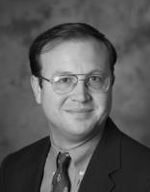
MICHAEL NEW
Fellow
Michael New is a Visiting Assistant Professor of Political Science and Social Research at The Busch School off Business at The Catholic University of America (CUA). Prior to coming to CUA, Professor New held full time faculty positions at Ave Maria University, The University of Michigan – Dearborn, and The University of Alabama. Dr. New also served as a post-doctoral fellow at the Harvard-MIT data center. His research interests include the social science of sanctity of life issues. Dr. New frequently writes about abortion trends, the impact of pro-life laws, public attitudes toward abortion and the effect of contraception programs. He received his Ph.D. in Political Science and Masters Degree in Statistics from Stanford University.

DAVID SPERLING
Fellow
David Sperling is currently Research Professor in the Institute of Public Policy and Governance of Strathmore University in Nairobi, Kenya. Before joining Strathmore, he taught in the Department of History of the University of Nairobi. He has been a Visiting Fellow at the Harry Truman Institute, Hebrew University of Jerusalem and at the Institute for Social and Policy Studies, Yale University. His current research interests relate to governance in the public sector of developing countries. He is the founding Director of the Utawala Applied Research Institute which undertakes extensive research on the governance practices of sub-national governments and on the impact of law on development in Africa. Dr. Sperling received his BA from Yale University, his MA from Harvard, and his Ph.D. from the School of Oriental and African Studies, University of London. He is a naturalized Kenya citizen.

JAMES R. STONER, JR.
Senior Fellow
James R. Stoner, Jr. is the Hermann Moyse, Jr., Professor and Director of the Eric Voegelin Institute in the Department of Political Science at Louisiana State University. He is the author of Common-Law Liberty: Rethinking American Constitutionalism (Kansas, 2003) and Common Law and Liberal Theory: Coke, Hobbes, and the Origins of American Constitutionalism (Kansas, 1992), and co-editor of The Political Thought of the Civil War (Kansas 2018), with Alan Levine and Thomas W. Merrill, and three books published by the Witherspoon Institute: The Thriving Society: On the Social Conditions of Human Flourishing (2015), with Harold James; The Social Costs of Pornography: A Collection of Papers (2010), with Donna M. Hughes; and Rethinking Business Management: Examining the Foundations of Business Education (2008), with Samuel Gregg. He earned his A.B. from Middlebury College and his M.A. and Ph.D. from Harvard University and has been a visiting professor and fellow in the James Madison Program at Princeton University.
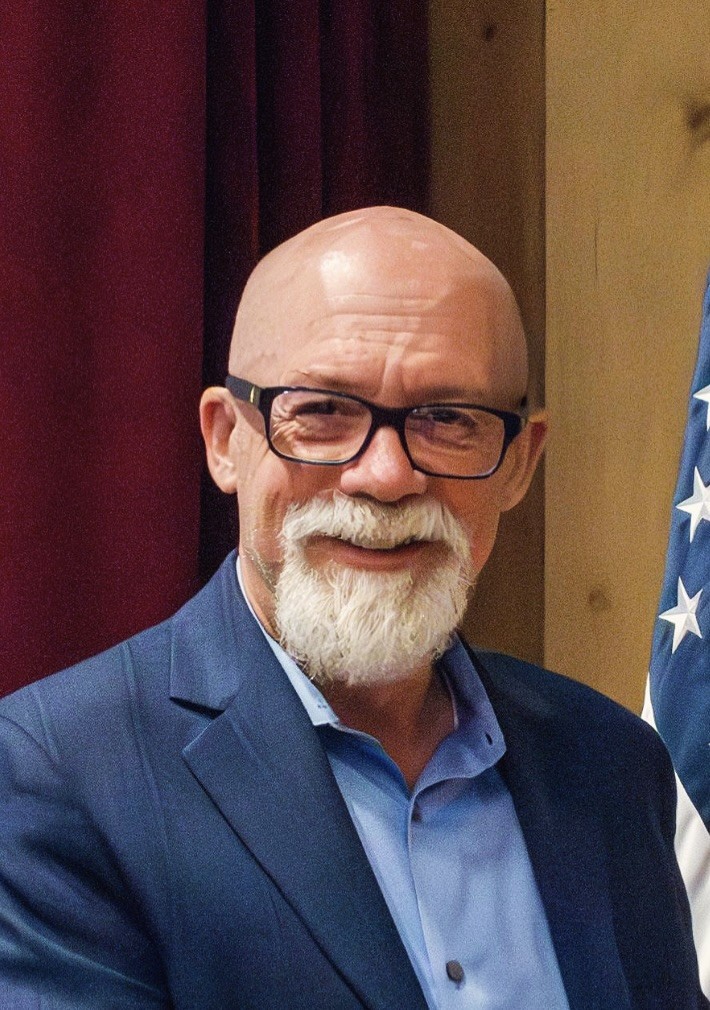
CHRISTOPHER O. TOLLEFSEN
Senior Fellow
Christopher Tollefsen is Professor of Philosophy at the University of South Carolina. He has published over 125 articles in journals and edited collections, and a similar number of popular essays in venues such as Public Discourse, First Things, and National Review. He is the author of Lying and Christian Ethics and the forthcoming Killing and Christian Ethics, and is co-author of The Way of Medicine: Ethics and the Healing Profession (with Dr. Farr Curlin) and Embryo: A Defense of Human Life (with Robert P. George). In 2019-20, he served as a Commissioner on the State Department’s Commission on Unalienable Rights. He has twice been a Visiting Fellow in the James Madison Program at Princeton University, and in 2024-25 was a Visiting Fellow at the DeNicola Center for Ethics and Culture at the University of Notre Dame. In 2025-26, he is the Interim Executive Director of the South Carolina Center for American Civic Leadership and Public Discourse.

DAVID L. TUBBS
Senior Fellow
David L. Tubbs is an Associate Professor of Politics at The King’s College in New York City, where he has been teaching since 2005. He was previously Visiting Faculty Fellow at Irkutsk State University in Irkutsk, Russia, and the W.H. Brady Visiting Fellow at the American Enterprise Institute. In 2017-18, he was the James Madison Program’s Ann and Herbert W. Vaughan Visiting Fellow. His scholarship focuses on topics in constitutional law, political theory, and public policy. He is the author of Freedom’s Orphans (Princeton University Press, 2007), and several scholarly articles, including a 2018 article written with Jacqueline S. Smith in the Harvard Journal of Law and Public Policy on the regulation of pornography under the Constitution. His shorter articles and reviews have appeared in publications such as the Wall Street Journal, Los Angeles Times, First Things, City Journal, The New Criterion, The American Spectator, and Public Discourse. He received his Ph.D. in Politics from Princeton University in 2001.
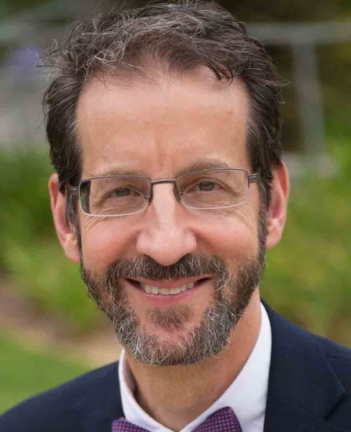
GRAHAM WALKER
Senior Research Scholar
Graham Walker is Executive Director of the Independent Institute in Oakland, California. He has served as a faculty member at the University of Pennsylvania and The Catholic University of America, as an NEH Fellow and Olin Fellow at the Institute for Advanced Study in Princeton, and more recently as Academic Vice President of Oklahoma Wesleyan University and President of Patrick Henry College. He earned the PhD from the University of Notre Dame (Indiana) and the Diplôme from the Graduate Institute of International Studies (Switzerland).
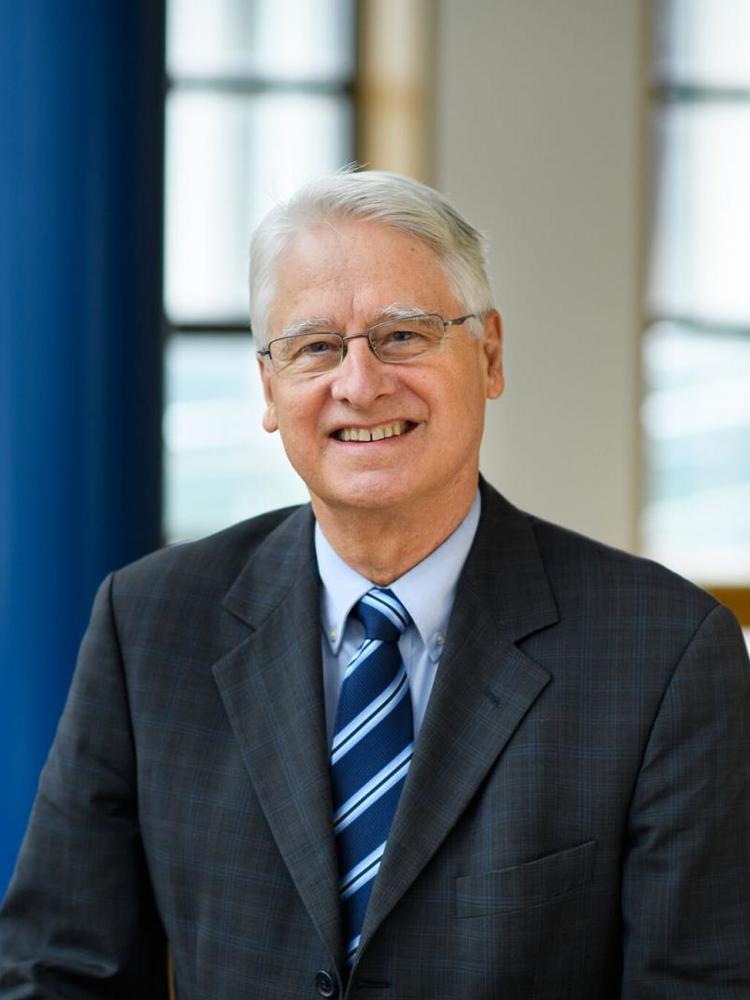
BRADFORD P. WILSON
Senior Research Fellow
Bradford P. Wilson is the James Wilson Distinguished Visiting Scholar in the Center for Constitutional Studies at Utah Valley University. He recently retired from his long-time position as Executive Director of the James Madison Program in American Ideals and Institutions, Lecturer in Politics, and Fellow of Forbes College at Princeton University. He is a Senior Research Fellow in the Witherspoon Institute and is a presidential appointee to the Board of Trustees of the James Madison Memorial Fellowship Foundation. Wilson has coedited, with Carson Holloway, a two-volume edition of The Political Writings of Alexander Hamilton, published by Cambridge University Press in 2017 (paperback ed., 2020). His edition, also with Carson Holloway, of a two-volume edition of The Political Writings of George Washington was published by Cambridge in 2023. From 1984 to 1987, he served as Research Associate to two Chief Justices of the United States, Warren E. Burger and William H. Rehnquist.
IN MEMORIAM
-
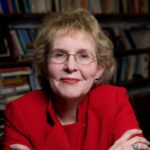
JEAN BETHKE ELSHTAIN
-

DANIEL N. ROBINSON
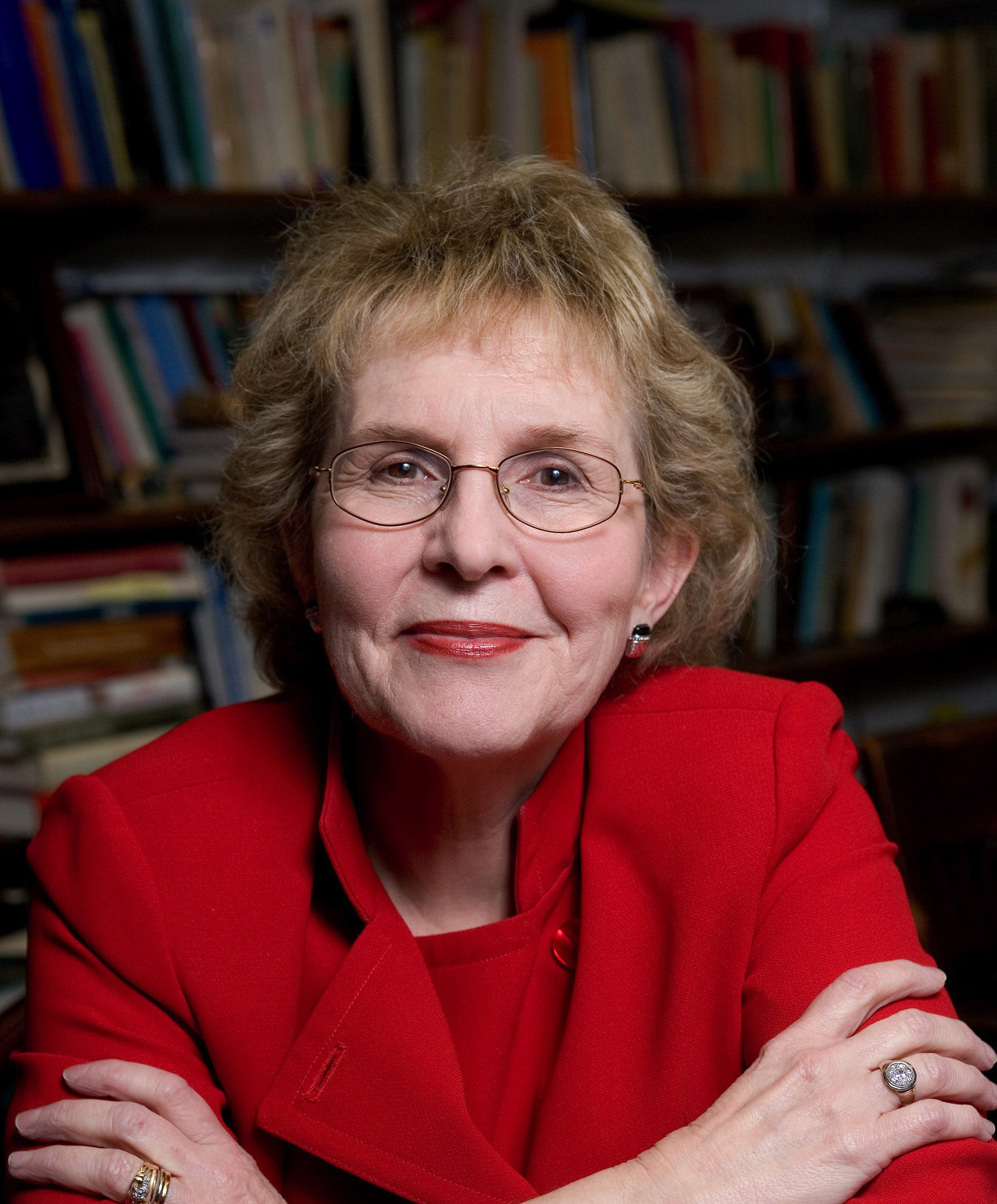
JEAN BETHKE ELSHTAIN
Professor Elshtain (1941-2013) was the Laura Spelman Rockefeller Professor of Social and Political Ethics at the University of Chicago and the Thomas and Dorothy Leavy Chair in the Foundations of American Freedom at Georgetown University.

DANIEL N. ROBINSON
Daniel N. Robinson (1937-2018) was Distinguished Professor, Emeritus, Georgetown University and Fellow and Associate Faculty member of Oxford University’s Faculty of Philosophy. He was Adjunct Fellow of Linacre College, Oxford. His areas of principal interest were philosophy of mind, intellectual history, moral philosophy and philosophy of law.
IMPACT
Academic Programs
Alumni
CanaVox
Reading groups
States
Countries
Public Discourse
page views in 2024
social media followers


